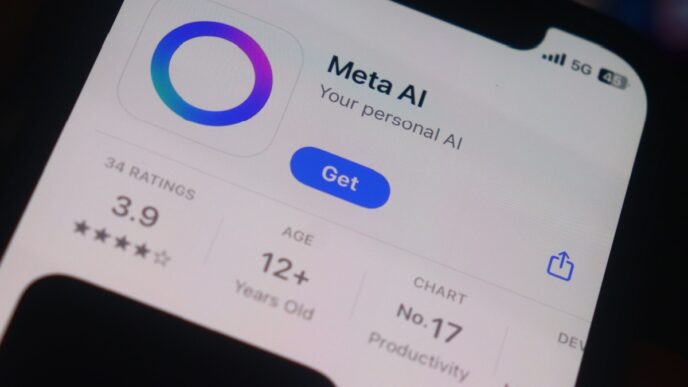The UK Labour government is doubling down on AI to cut costs and overhaul public services amid budget pressures.
A Dragons’ Den-style event is set this week where tech firms get 20 minutes each to pitch automation ideas for the British justice system. This is just one example of AI’s growing role across government.
The Department of Health and Social Care announced an AI early warning system to flag dangerous maternity units after recent scandals. Health Secretary Wes Streeting aims for robots to perform 12.5% of surgeries within 10 years.
AI is already sorting 25,000 daily letters at the Department for Work and Pensions, spotting fraud, and even delivering “vibe checks” on parliamentary moods for ministers.
Keir Starmer and science minister Peter Kyle are pushing hard to attract US tech giants to UK public contracts. Google, Microsoft, Palantir, IBM, and Amazon all attended a recent Justice Ministry roundtable. UK public sector tech contracts hit £19.6 billion in 2023, up from £14.4 billion in 2019.
Jeegar Kakkad of the Tony Blair Institute defended the tech surge:
> “Our systems are broken. They cannot keep up with demand. You have a couple of choices: keep trying to make a broken system work with traditional approaches – more money, more immigrants to fill the gap in the workforce – or you have to use
> technology.
>
> “I think the answer is technology, but we have to make sure we have agency in how we design these systems, they are human-designed and we put rules in place.”
But concerns are mounting. The Ada Lovelace Institute found 59% of the public worry about AI assessing welfare eligibility — far more than the 39% uneasy about facial recognition in policing. Trust in private tech firms handling welfare or health AI is low; the public prefers government or academic-led projects.
The institute called on MPs to investigate the influence of private tech firms shaping AI policies and warned against conflicts of interest.
> “At a time when AI is being offered as a solution to a wide range of public sector problems, the public are concerned about the motivations of private sector involvement. The public expects transparency and that public sector AI prioritises people over profit.”
The government’s rush to “build or buy” AI tools raises urgent questions: speed vs. scrutiny, private profits vs. public trust. The stakes are high as vulnerable citizens face AI-driven decisions.
Watch this space.














